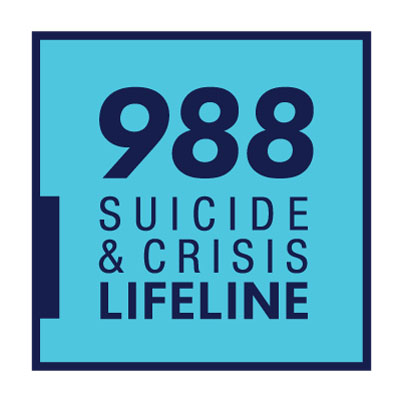Dear Friends:
With a sense of excitement and urgency, we present the CT Strategic Plan for Suicide Prevention (PLAN 2025), the result of a collaboration of many stakeholders committed to suicide prevention, including those with lived experience as survivors of suicide attempt and loss. Suicide death is a death like no other, and its ripple effect has a broad impact across space and time. No other type of death increases a survivor’s risk of suicide, impacts populations so universally, and yet is also the most preventable cause of death. Preventing suicide requires everyone’s commitment, from the individual struggling with their own thoughts of suicide up to the systems and communities that support them. Only a strategic approach that engages everyone at every level will lead to the aspirational goal to eliminate suicide.
Although CT has one of the lowest rates of suicide in the United States at 10.5 deaths per 100,000 people, and is ranked 45th among the 50 states and the District of Columbia, one death is too many. An annual average of 403 CT residents died from suicide 2015-2019, which is a 14% increase from the annual average of 351 residents 2010-2014. The unique stigma and shame associated with suicide keeps people from getting the support they need to prevent it or address their grief when they have experienced a loss. Additionally, the opioid epidemic and novel Coronavirus-19 pandemic both have significantly increased individuals’ risk of suicide due to the exacerbation of shared risk factors. A concerted, coordinated effort driven and organized by passionate stakeholders using the guiding principles outlined in PLAN 2025 is our best hope to mitigate this growing tragic public health and mental health problem.
PLAN 2025 was developed by the CT Suicide Advisory Board (CTSAB) chaired by the CT Department of Children and Families (DCF), the CT Department of Mental Health and Addiction Services (DMHAS), and the CT Chapter of the American Foundation for Suicide Prevention. The CTSAB is the single, statewide coalition for suicide prevention, intervention and postvention response, and is comprised of volunteers and staff representing various state and community sectors. PLAN 2025 takes a more in-depth look into the five goals and 22 objectives established in PLAN 2020 that are aligned with the National Strategy for Suicide Prevention and Healthy People 2020. The development of PLAN 2025 required the significant engagement, commitment and contributions of multiple individuals, including survivors, consumers, advocates, and representatives from state agencies and diverse organizations and systems to ensure every reader would be compelled to join this fight, and do what is within their power to make a difference and save lives in CT.
The DCF, DMHAS and CTSAB are committed to implementing the goals and objectives of the PLAN 2025. We hope you find the PLAN 2025 useful, and we thank you for your dedication to working together with us to prevent further suicide attempts and deaths in CT. Be the 1 to start the conversation!
Very Respectfully,
Vannessa Dorantes, MSW
Commissioner
Department of Children and Families
Miriam Delphin-Rittmon, PhD
Commissioner
Department of Mental Health and Addiction Services
- Connecticut Strategic Plan for Suicide Prevention (PLAN 2025)
- Connecticut Strategic Plan for Suicide Prevention (PLAN 2020)
- Protecting Youth Mental Health: The U.S. Surgeon General’s Advisory
- State of State, Territorial, and Tribal Suicide Prevention
- State Suicide Prevention Infrastructure
- National Strategy for Suicide Prevention | National Action Alliance for Suicide Prevention




 Youth Mobile Crisis
Youth Mobile Crisis Adult Mobile Crisis
Adult Mobile Crisis